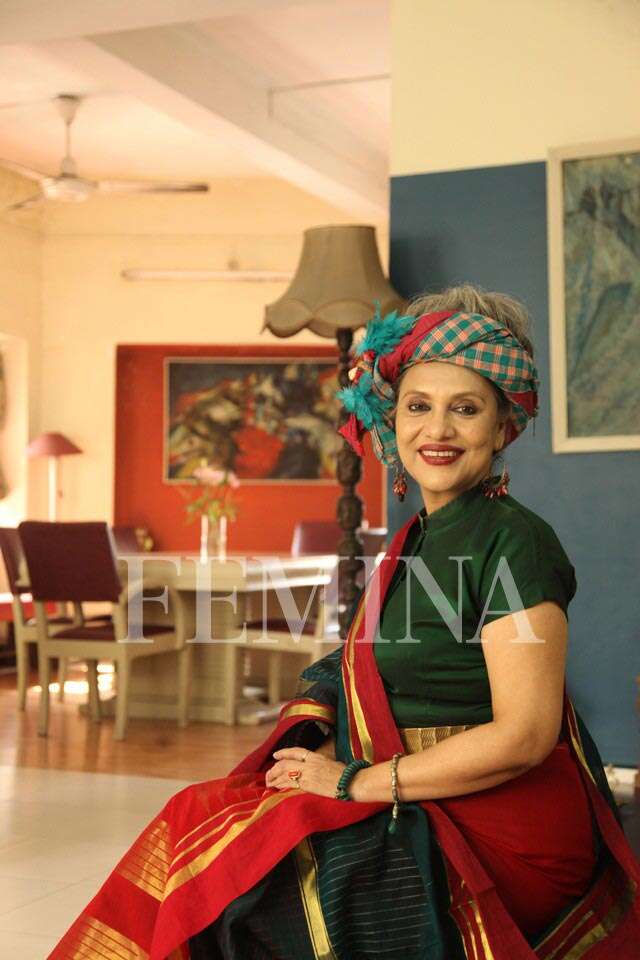
It all started in 2007, when I was invited to judge a music and recitation competition at the Alipore Presidency Central Correctional Home in Kolkata. After the programme, the participants said they wanted to learn dance from me. Within a week, I was at the correctional home, teaching women and men. Arts have made such a difference to my own life. So, I thought, why not share this love with others.
Teaching the women was easier; the men took time to open up. Dance is considered by many in our society as being ‘feminine’. The male inmates considered themselves too ‘macho’. Besides, there is a kind of unwritten hierarchy in jails depending on the nature of the crime. I have seen the world of prison intimately... From the very first day, the inmates have been courteous. In fact, they are more well-mannered than some of my students in mainstream society! After we broke the ice, they started calling me ‘Maa’.
Soon more and more inmates started enrolling in my classes. I taught them dandiya and they competed with each other to impress me with their handmade dandiya sticks. After some time, I wanted to arrange a programme, where only inmates would participate, outside the correctional home. At the end of 2007, I took 60 men and women from the correctional homes to participate in the Uday Shankar Dance Festival at Kolkata’s Rabindra Sadan auditorium. Each inmate had an escort and every time he or she went on stage, someone was holding his or her hand. Later, I took inmates to shows in cities like Mumbai, Pune and Bangalore. We travel by train all over the country, but there has been no untoward incident till date.
Each convict gets five to seven days parole each year, when they go home and return unescorted. See, if you keep telling people that they are bad, they will internalise it and start thinking that they are indeed bad. But if you make them feel that they are innately good, they will do well. I am not a psychiatrist or a counsellor, but I believe in the power of the arts and love. I never ask them why they are serving prison terms; I let them tell me about their lives if they want to. I treat them as normal human beings. And that works wonders. It’s not easy. For instance, when they are frustrated at times, they may take it out on me. Girls can cry, but boys tend to keep their emotions bottled up. It’s difficult for them to see others walk free from the prison while they have to stay there. Under-trials are the worst sufferers. They cannot participate in my programmes or classes because they do not have the facilities usually given to convicts who are under the supervision of jail authorities.
You have to go through a laborious court procedure to procure permission for under-trials to take part in programmes outside the prison. It has been nine years since I started teaching dance to prison inmates. I have been able to help about 95 inmates return to mainstream life after their prison term. One of them has become a big name in Bengali cinema. Others are trying hard to make ends meet. Take for instance this young mother who jumped into the Ganga with her two young daughters to escape torture by her husband and in-laws. She was rescued, but her daughters didn’t survive. She was put behind bars for ‘killing’ her daughters. I arranged for her to work at a home I founded for children born to prison inmates. I don’t support crime, but nobody knows what actually drives someone to kill their own. I strongly believe that no one is born a criminal. I go to the correctional home every day and just chat with them when I am not teaching. I tell them that I hope they all get released one day, while I become a ‘lifer’! It’s my mission now to stand by them, come what may. They are part of my family.